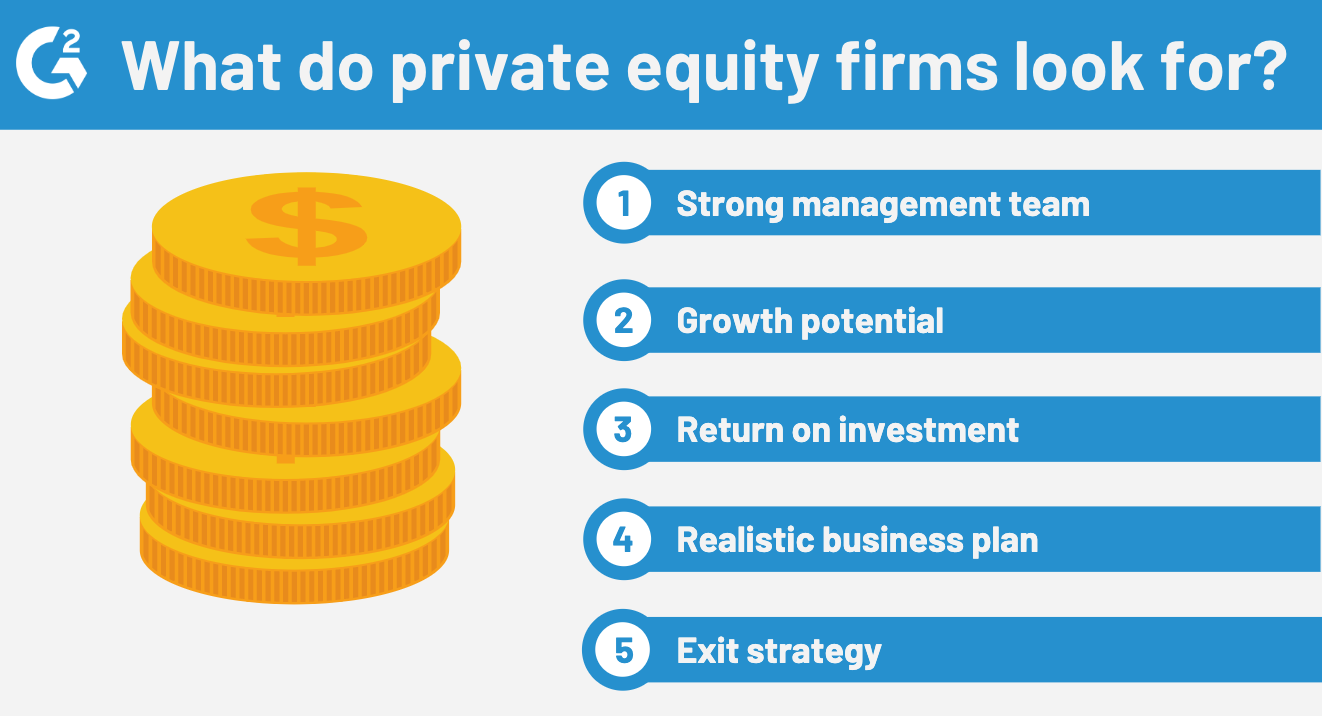Private equity has long been a desirable asset class for those with the opportunity of Top Growth Capital Firm Melbourne to profit due to its unique qualities. The unrealized potential for many ordinary investors’ portfolios is now a reality as access to private equity is expanding. So, the crucial query to reflect upon is: Why should you invest?
Here are the main reasons to invest in private equity in the second section:
- A number of factors contribute to the higher returns on private equity compared to other assets
- The benefits of diversifying against market and cyclical risks by including private equity in a portfolio
Afterward, we will discuss some key risks and considerations for private equity investors.
We recommend you read the previous section if you are unfamiliar with the basics of private equity: What is private equity?
Returns that are higher
Realistically, the key justification for adding private equity to a portfolio is the possibility of increasing the overall return. In light of this, research indicates that private equity returns compare favorably on a variety of indices, which we shall discuss here: versus the public stock market, versus other private market asset classes, versus quartiles, and when included in a portfolio.
Public vs. private equity
Whether private equity returns have historically outpaced public equity returns is a well-known debate. The short answer is yes, and by a wide margin.
The best way to answer this question is to take a closer look at what is being discussed and why.
Net privacy vs. public access
Private equity firms demand greater fees and aggressively manage their portfolio companies. One popular defense is that private equity underperforms public equity on a Net basis since this isn’t true for public markets (after fees). What matters most is this because it represents the investor’s actual return on investment.
JP Morgan1 dissected this claim, citing Steve Kaplan from the University of Chicago Booth School of Business, in a 2021 research that discovered the private equity sector continues to outperform public equity. The arguments against public equity, according to Kaplan, are fundamentally flawed: All alternative asset types, such as real assets, real estate, infrastructure, and energy, are compared to public equities.
There is outperformance in the three most common types of private equity – buyouts, growth equity, and venture capital. The next section compares private equity returns to those of other alternative asset classes.
What do you actually invest in – private vs public?
Regarding what you are actually purchasing, the crude comparison between public markets and private equity is wrong as well. An index tracker fund can be used to invest in the overall public stock market (such as the MSCI World market indicated above), but a private equity investor does not do so. They invest money in a fund (or group of funds) that has been carefully chosen to work with the investor’s portfolio. Below, we’ll examine a more insightful metric: the impact of private equity on a portfolio.
Asset classes vs. private equity
The risk-return profile of an asset is the most basic consideration when adding it to a portfolio.
Historically, among all asset classes—public or private—private equity has the highest annualized return. A attractive risk-return profile is the consequence, along with volatility that is far lower than that of any asset class that achieves anything close to the same return.
Comparing performance between quartiles
It’s not unexpected that fund returns vary greatly because each private equity fund has a unique return target and a unique strategy to achieve that ambition. As you can see here, of all alternative asset classes, private equity fund quartiles have the biggest range of returns.
Although the median quartile outperformed all other asset classes by at least 4%, the top quartile outperformed all other returns by more than 7% for private equity vintages between 2007 and 2017.
The lesson is that choosing the right fund is essential. All funds listed on the site go through a rigorous selection and due diligence procedure at Moonfare.
Portfolio returns and private equity
As always, the impact of including private equity in a portfolio depends on the portfolio as a whole. But according to a Pantheon analysis from 20155, adding private equity to a portfolio of only public stock can generate 3.16% more annualized excess returns (also known as “alpha”).
What is the reason for higher private equity returns in the past?
In the part titled What Is Private Equity?, we went into great length about the special qualities of private equity. These factors fundamentally distinguish the asset class from public equity in ways that may boost fund and market returns:
access to opportunities A small number of corporations are open for investment on public markets, and every traded company is subject to intense scrutiny. Regardless of your opinion on whether or not public markets can ever be genuinely “efficient,” by the time a firm goes public, its value is probably already appreciated, which raises the price.
The finest private equity companies, on the other hand, have access to an even larger pool of untapped prospects that do not undergo the same scrutiny and the tools to due diligence them and choose which are worth investing in. Larger risk is associated with early-stage investing, but the fund benefits from higher rewards for successful companies.
ownership that actively adds value. The amount of influence an investor gains when they purchase shares in a public corporation is little. It decreases to zero if they decide not to use their voting rights. Private equity firms nearly always assume some amount of active ownership when they make an investment. This includes anything from advice and help to a complete company restructuring and management. The larger private equity firms employ specialized value creation teams that are committed to a single goal: actively adding value to maximize long-term return.
convergence of interests. Public equity funds are the closest relatives of private equity funds in terms of active management. The “principal-agent problem” still affects public equity fund management, despite the fact that both public and private equity managers agree to invest a portion of the fund.
When a shareholder (the “principal”) engages a public fund management (as a “agent”) to manage their capital, they cede control to the manager while continuing to own the assets. No matter how well the fund does, they still get paid, and the investor is still responsible for any losses. The general partner doesn’t only get paid a management fee in private equity. Additionally, they receive a higher share (often 20%) of the fund’s profits in the form of carry. By doing this, it is made sure that the investor’s and manager’s interests are in line.
Check out What Is Private Equity? for a basic explanation of how private equity operates and what a fee structure for it looks like. for a more thorough explanation of how they operate.
Private equity funds also help to solve a different kind of principal-agent issue. The management of the company can also be viewed as a “agent” who manages the business on behalf of investors. The ultimate goal of a public equity investor is for the management to raise the stock price and/or pay dividends, but the business management may decide to make other investments or give out substantial employee bonuses. The choice is made with little to no input from the investor. We already discussed how many private equity methods, particularly majority buyouts, assume management of the company, putting the company’s long-term worth first and increasing the return on investment during the fund’s lifetime.
Please refer to the section below titled “Key considerations and risks for private equity investors” to understand all the factors, including illiquidity, that affect the returns that private equity funds achieve.
Mitigation of risk through diversification
According to contemporary portfolio theory, diversification should be used to minimize business and financial risk. This is best accomplished by choosing assets that have low correlation with one another. Private equity can increase portfolio diversification by reducing cyclical and public market risk.
Risks associated with public markets
Index funds, which invest a portion of cash in each stock in a specific index, are how the bulk of investors enter the public markets. As a result, every stock inside a public market experiences some ups or downs when it rises or falls. Additionally, because public markets are so liquid, many investors constantly trade in an effort to “time the market,” which magnifies movements. Because of this, there is a strong correlation between public assets and the total public market, and vice versa. Thus, when considering new investments, we should look for low correlation with the stock market.
On the other hand, private equity funds are not always linked to a specific market. Although basic economic factors may have an impact on portfolio firms’ performance, private equity managers aim to add value over the long term and do not make quick decisions on when to enter or exit investments based on market sentiment.
Investors in private equity, who similarly look for long-term profits, feel the same way. Private equity funds are a great diversifier because of their minimal correlation with the public markets. Since 2001, the average correlation between individual buyout funds and the pertinent regional public market is depicted in the graph below.








Leave a Reply